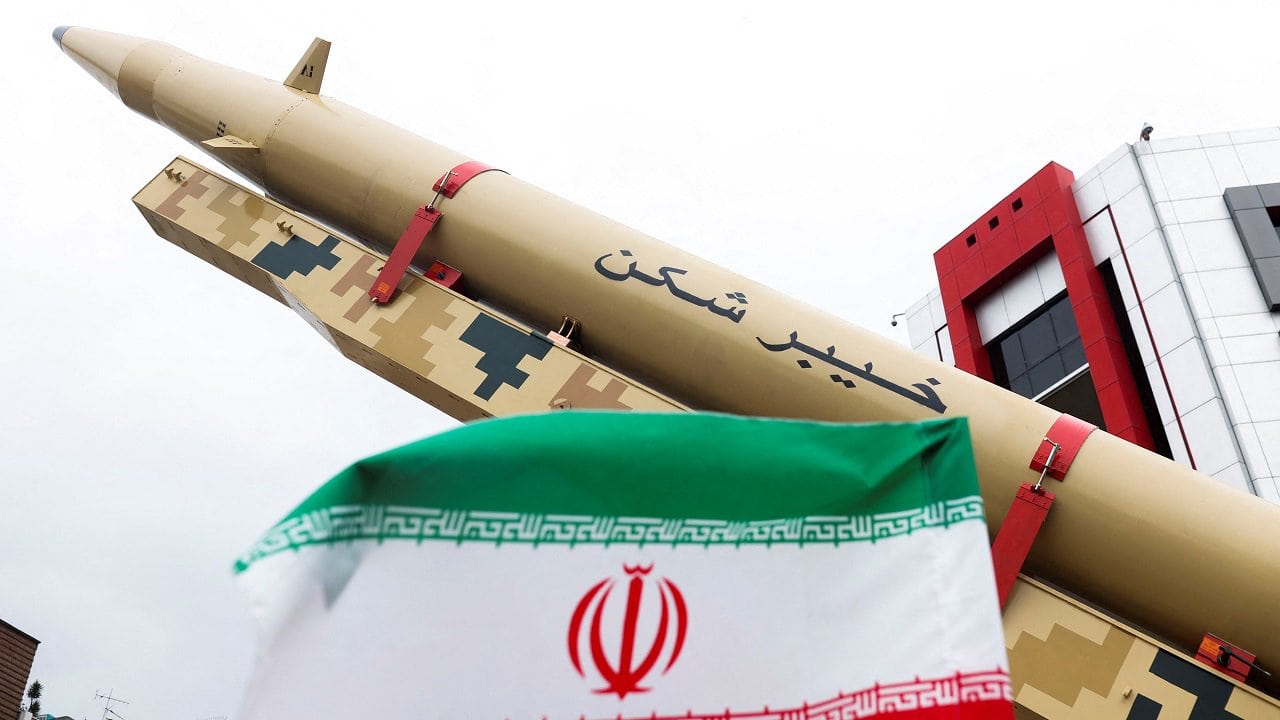The ongoing joint U.S.-Iranian nuclear negotiations in Vienna may finally conclude on Monday, as the European Union is set to circulate the final draft document to participants. Indirect talks to revive the 2015 Joint Comprehensive Plan of Action (JCPOA) have been ongoing for nearly sixteen months. After a recent lull in progress, the prospects for a renewed nuclear agreement between the U.S. and Iran seemed unlikely. Since Tehran has refused to work directly with their American counterparts to formalize an agreement, EU diplomats have served as mediators. While some officials close to the talks have relayed hope a deal can be made, Iran’s recent demands would be challenging to meet.
EU foreign policy chief Josep Borell tweeted that, “What can be negotiated has been negotiated, and it’s now in a final text. However, behind every technical issue and every paragraph lies a political decision that needs to be taken in the capitals,” adding that “If these answers are positive, then we can sign this deal.” According to Politico, a senior EU official said that the bloc’s finalized draft introduces solutions to the four remaining technical questions that remain. Under the Obama-era 2015 JCPOA guidelines, Iran was granted sanctions relief in exchange for specific curtailments to its nuclear program. The Trump administration unilaterally withdrew the U.S. from the agreement in 2015, citing the Iranian regime’s noncompliance.
As a presidential candidate, Joe Biden campaigned on the promise that his administration would revive the nuclear agreement with Iran. The White House has maintained that position despite a litany of fallbacks and escalatory events with Tehran since the onset of Biden’s presidency. Since the Vienna talks commenced over a year and a half ago, Iran has ramped up its uranium enrichment and fissile materials acquisitions – key components in a nuclear program. As noted in an earlier piece published by 19FortyFive, Tehran has also increased its deployment of more powerful centrifuge models, increasing the concentration of raw materials needed to produce a weapon.
A major sticking point preventing Iran from signing a revived nuclear agreement today is a safeguards probe issued by the International Atomic Energy Agency (IAEA). The global watchdog group censured Iran in June for failing to answer questions about uranium traces found at three undisclosed sites. In response to this request, Tehran announced it would be removing 27 surveillance cameras from its nuclear facilities, which was obviously a huge concern for the IAEA. The regime has asserted that in order for a nuclear agreement to be revived, the IAEA probe must be closed. The U.S. and other Western officials claim the probe issue is independent from the nuclear deal, however, Tehran does not seem to want to budge on this issue.
In May, Iran demanded that the U.S. delist the Islamic Revolutionary Guards Corps (IRGC) from its terror blacklist. The Biden administration ultimately denied this request, bringing the talks’ progress to a lull. While some Western media outlets have reported that the regime has “abandoned its demand” to remove its military apparatus from the Foreign Terrorist Organization (FTO) list, Iranian state-media has denied this claim. According to Al-Jazeera, Iranian media sources assert the regime has not abandoned “any of its major positions in the negotiations that initially began in April 2021.”
This week, U.S. officials accused Iran of backing a plan to assassinate former national security advisor John Bolton on American soil. It is hard to imagine that the White House would ignore Tehran’s clear attempt to carry out state-sponsored terrorism in the U.S. while the nuclear talks appear to be wrapping up. Regardless, Monday may bring long overdue closure to the prospect of a restored U.S.-Iranian nuclear deal.
Maya Carlin is a Middle East Defense Editor with 19FortyFive. She is also an analyst with the Center for Security Policy and a former Anna Sobol Levy Fellow at IDC Herzliya in Israel. She has by-lines in many publications, including The National Interest, Jerusalem Post, and Times of Israel.

